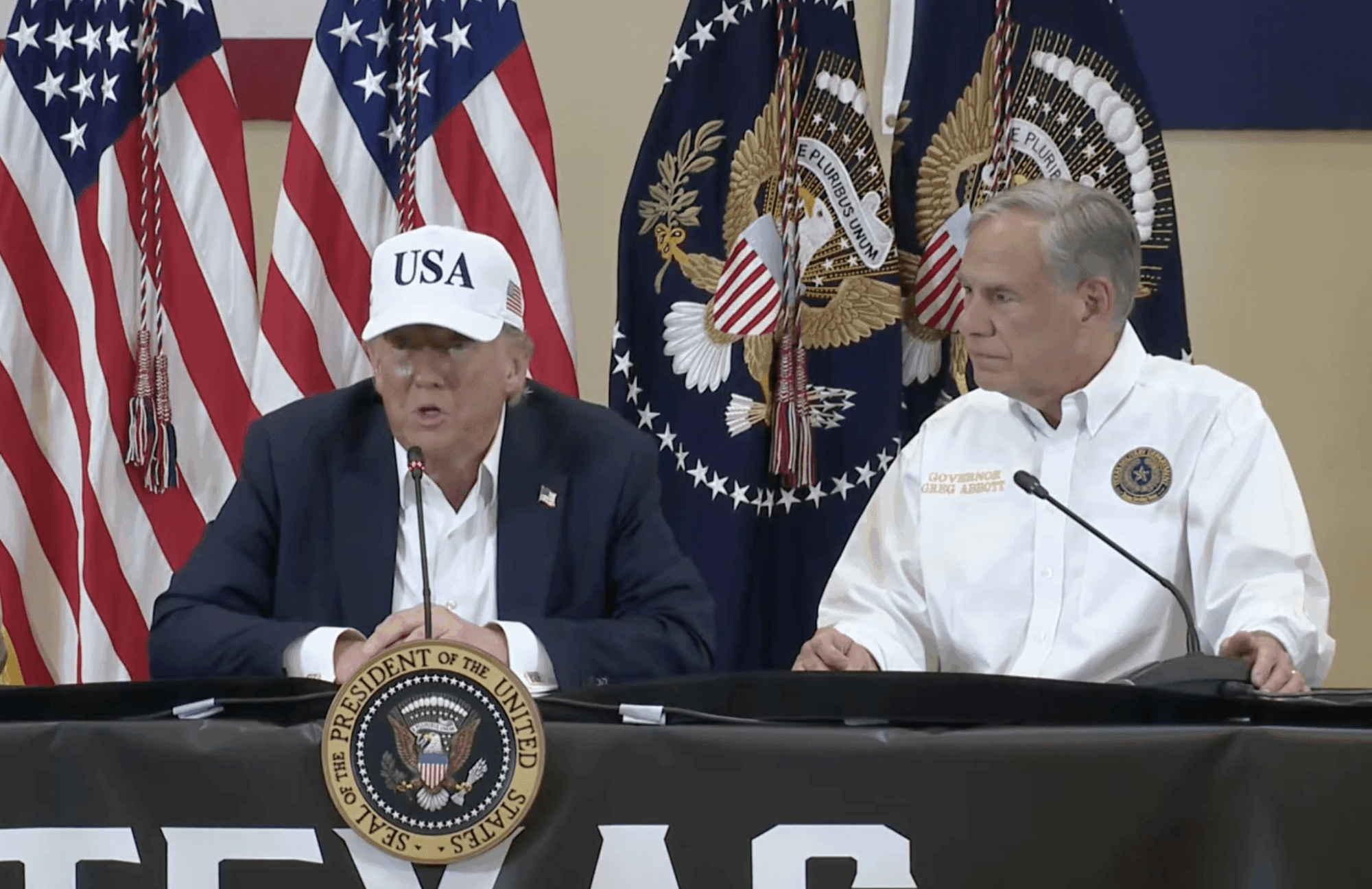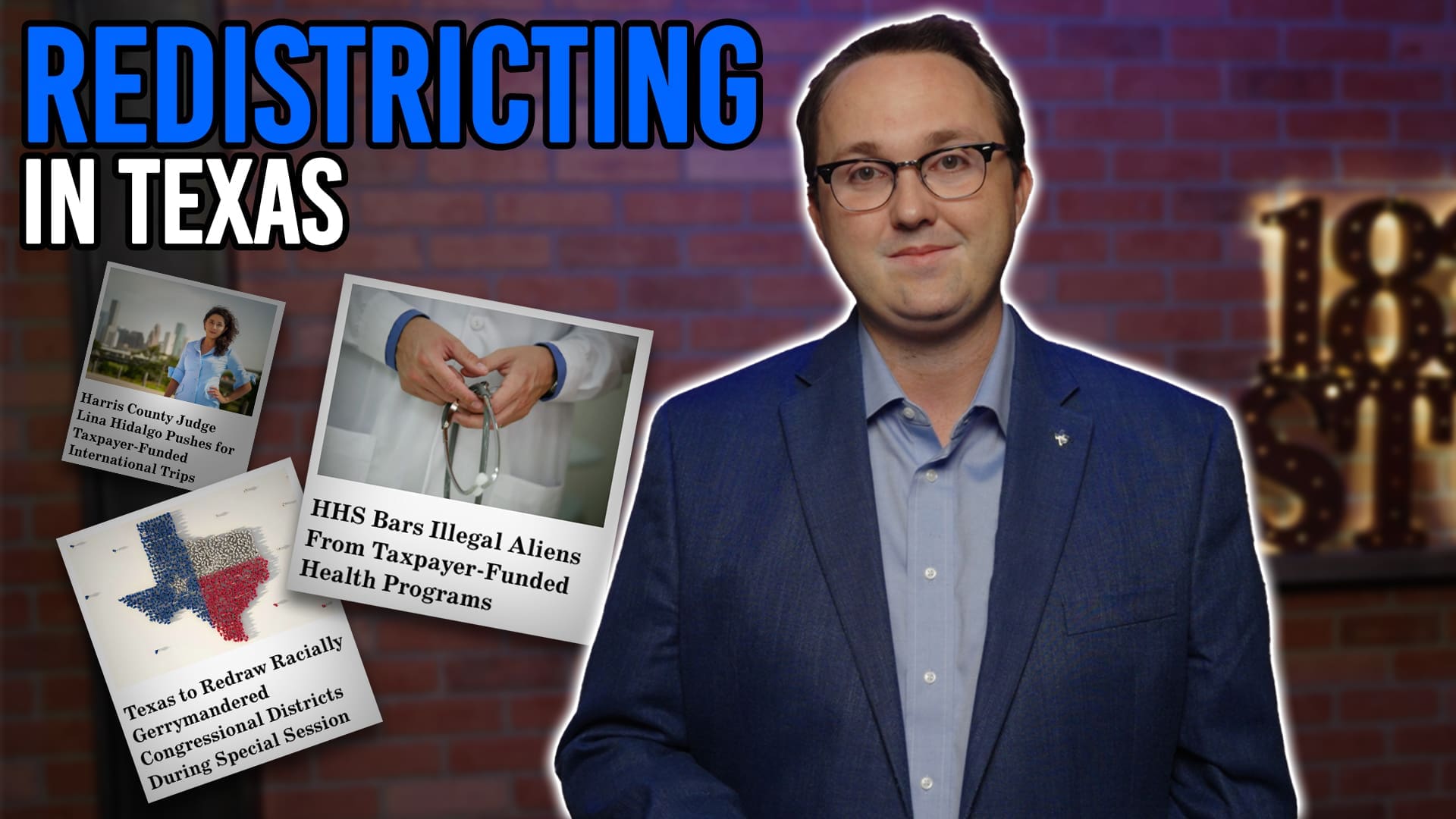With Texas House lawmakers set to approve several aspects of ethics reform this week, conservatives walked away with a victory but also a bad taste in their mouths after pro-transparency amendments were rejected.
Up this week were two“stand-alone” bills to provide pro-citizen ethics reform.
The first item, House Bill 501 by State Rep. Giovanni Capriglione (R–Keller), was the major one – tackling perhaps the most contentious issue of all: disclosure of government contracts held by elected officials.
While lawmakers like to claim hardship for holding elected office, and point to their $7,200 yearly salary to do so, the fact is their time in Austin is often very lucrative. Wining and dining by lobbyists is the most visible perk, but the real benefit comes from acquiring contracts with state and local government entities.
Sources in the Capitol have alleged that as many as 100 members of the Texas House have financial interests in business entities that have government contracts. To bring those potential conflicts of interest to light, HB 501 would require lawmakers to disclose the contracts they or anyone in their immediate families personally have with government entities.
Though certainly an improvement, the bill contains a massive loophole regarding business entities owned by lawmakers. Under the terms of the bill, a lawmaker would only have to disclose that a business entity they are involved in has a government contract if the official owns at least 50% of the business.
That means that pretty much any partnership or limited liability company with more than two investors would be able to avoid disclosure under the new statute.
That problem was exposed by State Rep. Briscoe Cain (R–Deer Park) who argued the bill should be amended to lower the reporting threshold to a smaller ownership stake in order to close the loophole and bring more government contracts to light.
As Cain argued, under the terms of the bill, a lawmaker could own a 49% stake in an entity with a government contract and still not have to disclose that conflict of interest.
Cain sought to amend the bill to impose the same standard on lawmakers that they unanimously imposed on the public last session when passing House Bill 1295. Under the Cain amendment, legislators would have had to disclose government contracts held by entities in which they held a “controlling interest,” which was defined as a 10% ownership stake, amongst several other criteria.
Cain’s amendment spurred several establishment legislators to come out of the woodwork to attack him and oppose greater transparency, including those who rarely speak at the microphone.
That fight exposed just how important Cain’s amendment was.
Capriglione led the attack against Cain, first by intentionally and dishonestly conflating Cain’s government contract disclosure provision with another part of the bill related to disclosure of interests in business entities. But after a couple of minutes of lying about the Cain amendment, he switched to condemning it as too much work for legislators to handle. Never mind that the Cain amendment would have simply imposed the same standard on lawmakers that Capriglione imposed on the public last session.
State Rep. Dennis Bonnen (R–Angleton), who serves as Speaker Pro Tem, also made a rare trip to the back microphone to attack Cain over the amendment. Unconfirmed rumors have circled around the Capitol for years relating to Bonnen’s financial involvement in an Angleton bank along with other legislators and lobbyists.
According to Capriglione, Bonnen, and others, imposing the heightened disclosure standard would simply be too tough for lawmakers, and would require them to hire “forensic accountants” to tell them whether the myriad of business interests they have stakes in have a government contract.
After some debate, Cain offered a compromise amendment that would have required lawmakers to disclose the government contracts of entities in which they owned at least a 20% share. However Capriglione and others rejected Cain’s attempt at compromise and continued to attack and lie about his effort to impose greater transparency.
Amongst a flurry of confusion and dishonesty about the amendment, Cain’s amendment was defeated in a non-record vote. However, in a slip-up by State Rep. Craig Goldman (R–Fort Worth), who was in the chair at the time, it was revealed that 134 lawmakers had voted against the amendment.
From the debate, it appears clear that lawmakers currently possessing interests in government contracts are prepared to restructure their business dealings to avoid disclosure under the 50% ownership standard. However, it appears that it would be impossible for legislators to get around a lower 10% or 20% ownership standard.
Lawmakers also debated House Bill 505, both authored by State Rep. Charlie Geren (R–Fort Worth) which would prohibit ex-lawmakers from using funds in their old campaign accounts to build a lobby practice after leaving office. That measure passed with an amendment by Goldman, who strengthened the bill by extending the prohibition from just two years into perpetuity.
Just this session, Texas Scorecard has reported on two former House lawmakers, John Otto (R–Dayton) and Wayne Smith (R–Baytown), who have been employed as lobbyists this session. Both have used their old campaign accounts in order to pay at least a portion of their expenses. HB 505 would partially limit the ability of former lawmakers like Otto and Smith to lobby the Texas Legislature by preventing them from making campaign contributions from their old accounts after leaving office in order to curry favor with their former colleagues. This improvement would eliminate the temptation for legislators who have their eye on leaving office to join the lobby from stockpiling campaign funds for use in bolstering their new businesses.
Another of the stand-alone ethics bills, HB 504, as filed would close the revolving door between the legislature and the lobby by imposing a cooling-off period before former legislators could go to work as hired-gun lobbyists. However, Geren has gutted that provision and it is unclear if it will make it to the floor of the House at all.





